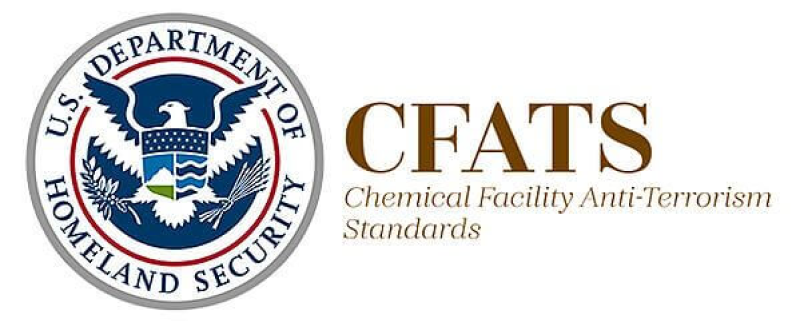Overview:
On July 28th, the Chemical Facility Anti-Terrorism Standards (CFATS) program authority lapsed after the Senate was unable to reach an agreement to pass H.R. 4470, legislation to cleanly extend the CFATS program for 2 years. H.R. 4470 passed the House on July 25th by a vote of 409-1. Senate Homeland Security and Governmental Affairs Committee (HSGAC) Chair Gary Peters (D-MI) and Ranking Member Rand Paul (R-KY), who wanted to include legislation relating to a study on duplicative government regulations/programs, are expected to confer again around mid-August to discuss a potential path forward in hopes of reaching a compromise.
Congress has adjourned for its August recess, and the timing of resolution is unclear. For the time being, CFATS has expired, the Cybersecurity and Infrastructure Security Agency (CISA) may transfer certain functions to another program, and certain other functions may potentially lapse. TFI is working closely with the CFATS coalition, Department of Homeland Security (DHS), and Capitol Hill to ascertain regulatory impacts on the private sector. TFI recommends that TFI members continue to comply with preexisting requirements. In the meantime, TFI will work as quickly as possible to determine other potential impacts, such as personnel vetting, as well as urging Congress to reauthorize the program as soon as possible.
Operational Impacts:
Click here to view a stakeholder statement sent by CISA. Below are key takeaways from the stakeholder message and some additional information that may not be stated:
- CISA (and TFI) encourage facilities that were subject to CFATS to maintain the mechanisms already in place to promote security.
- CISA no longer has enforcement authority.
- CSAT access is down. Top screens cannot be submitted, nor can facility risk profiles be assessed by CISA.
- Facility inspections are being cancelled.
- Personnel vetting through the terrorist screening database is no longer available.
- Certain other information and assistance is now being transferred or can be accessed through CISA’s ChemLock voluntary program.

